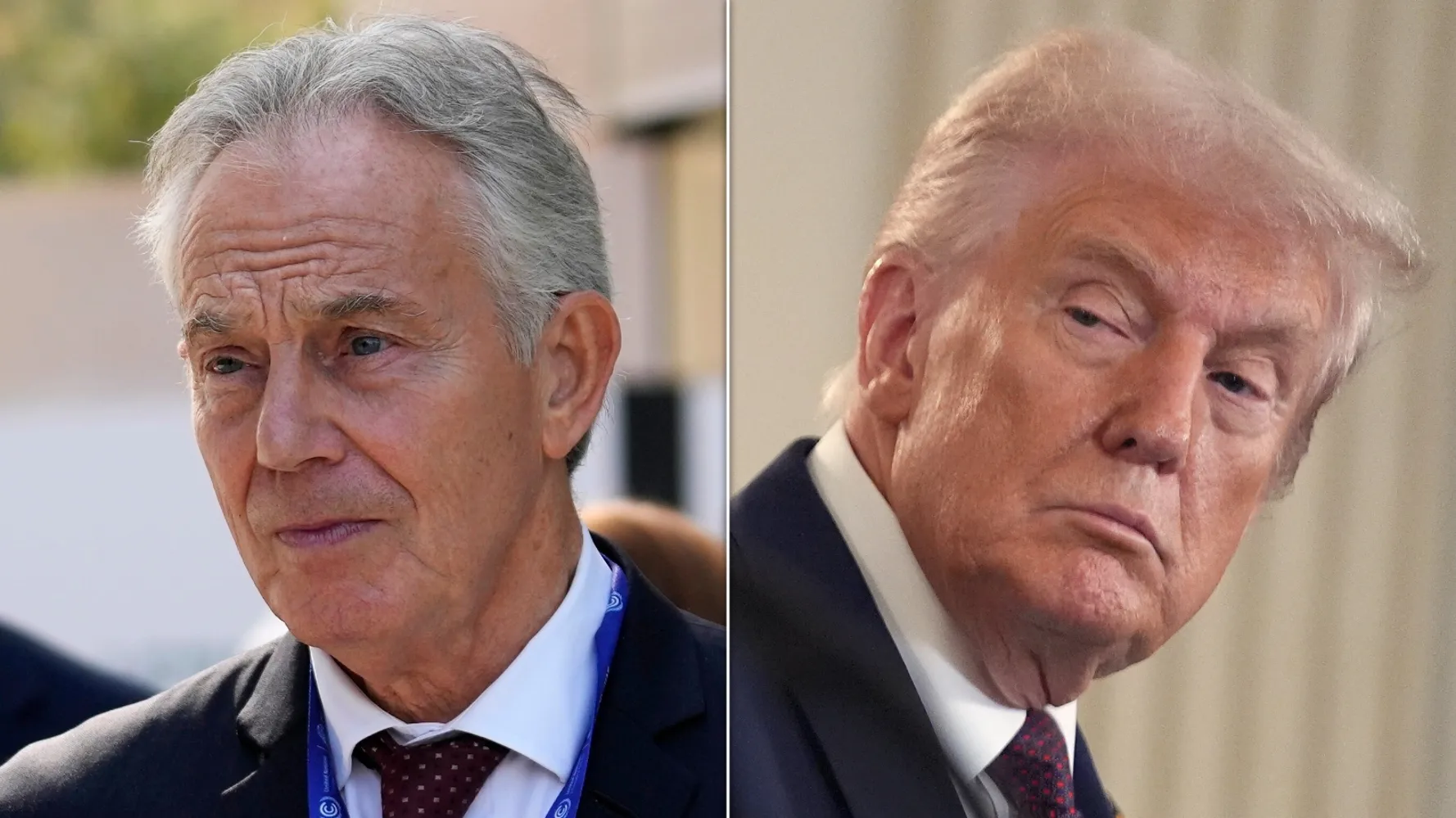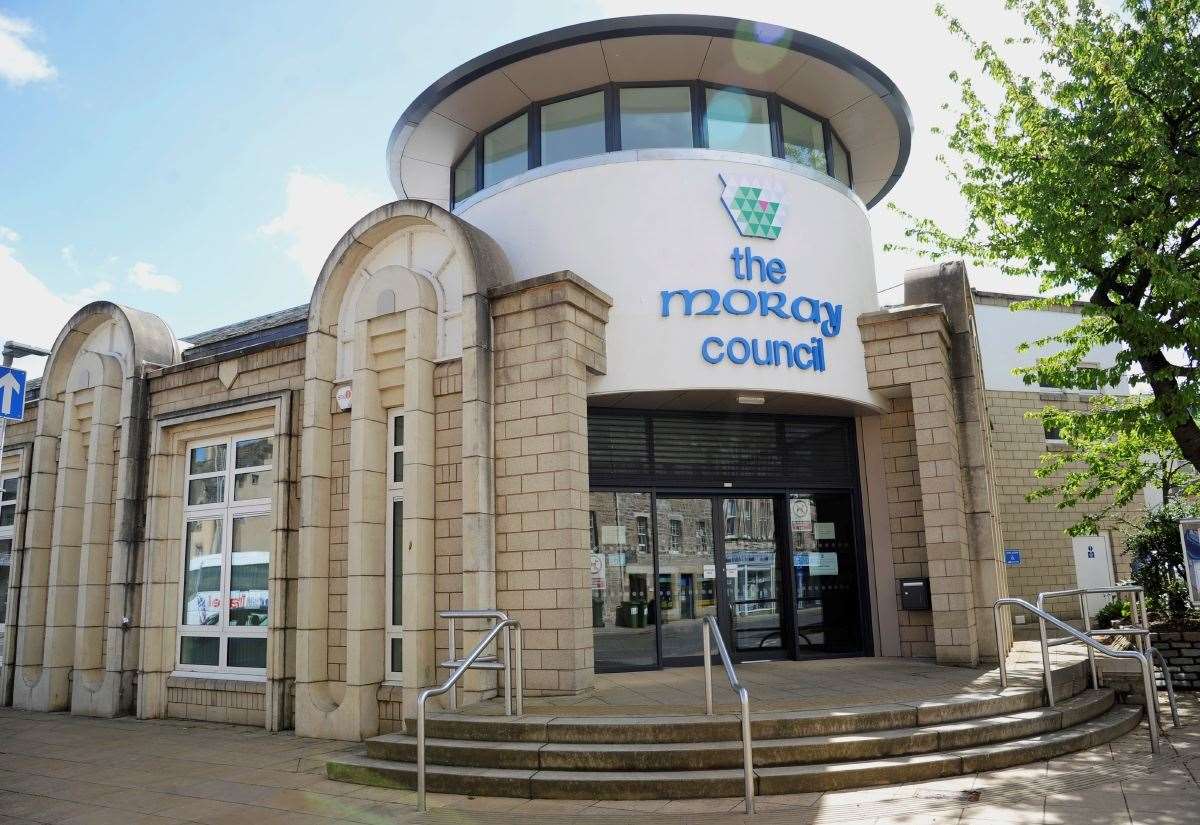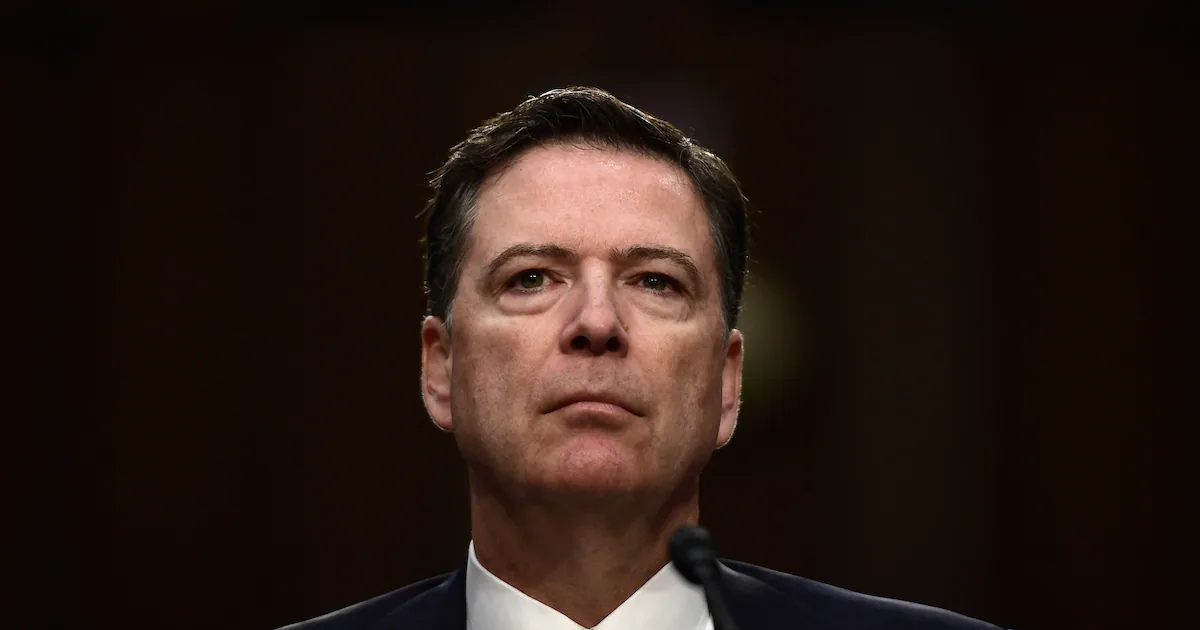By Kate Nicholson
Copyright huffingtonpost

Donald Trump has unveiled a new plan for ending the war in Gaza – and former UK prime minister Tony Blair is lined up to play a key part.
While the US president claims his idea could bring “eternal peace in the Middle East” and the Israeli prime minister Benjamin Netanyahu backs the proposal, Hamas is still ruminating over it.
However, if the Palestinian militants do not agree, Trump has claimed that the Israelis would have “our full backing to do what you would have to do” – and take its attacks on Gaza even further.
So what’s in the deal – and why is Blair involved?
What is the new plan?
The 20-point proposal is essentially a set of “principles” laying out the foundations for further negotiations.
It calls for a stop to the fighting and a restricted withdrawal of Israeli forces.
Hamas would also have to release all remaining hostages, and hundreds of Palestinian prisoners held by Israel would be freed.
A local technocratic administration would run the day-to-day services of Gaza, and it would be overseen by a Trump-chaired ‘Board of Peace’ based in Egypt – which Blair would be part of.
The US and Arab countries would set up a “stabilisation” force to take over security and ensure the demilitarise Palestinian armed factions.
Any Hamas members who “commit to peaceful co-existence” and decommission their weapons would be granted amnesty – or face exile.
No one else will be forced to leave Gaza.
Palestinian statehood gets a brief mention, but there’s no commitment to the idea and the plan says it may only be possible if the governing body in the West Bank, the Palestinian Authority, is reformed.
The plan also said “Israel will not occupy or annex Gaza”, but no such promise is made for the West Bank which remains occupied.
The scheme aligns with Israel’s plans for the territory – the disarmament of Hamas, the demilitarisation of Gaza and, crucially, no firm establishment of a Palestinian state.
What are the issues with it?
Despite Trump’s big claims and push for an “all in one” agreement, this is far from a ready-to-go peace deal.
Trump and Netanyahu did not even take questions at their press conference, demonstrating how it is truly not a fleshed out plan.
Hamas has not been given any deadline to agree to the offer, but are likely to take issue that the deal does still not have self-determination for Palestinians, or enough protection for them.
More clarity is needed for Israeli withdrawal lines, how the remaining Hamas hostages would be released, which Palestinian prisoners would be freed and how Gaza would be run in the aftermath of the destructive war.
It does signal a large shift in the White House’s thinking. Trump previously supported the idea of forcibly removing Palestinians from Gaza and turning it into “Gaza Riviera”.
But previous peace efforts have fallen apart, with Netanyahu regularly pulling out of deals amid domestic pressures.
And that’s all before even looking at the backlash caused by Blair’s involvement.
What about Tony Blair?
The former prime minister has welcomed the new scheme, calling it “bold and intelligent”, adding: “It offers us the best chance of ending two years of war, misery, and suffering and I thank President Trump for his leadership, determination and commitment.”
But the former PM’s involvement is a notable cause for surprise – and alarm in some circles – considering he took Britain into the US’s war in Iraq back in 2003, wrongly claiming Saddam Hussein had weapons of mass destruction.
While he has years of experience in dealing with the Middle East, he was also the only other person Trump named when unveiling his new plan.
Even health secretary Wes Streeting admitted that Blair’s role will “raise eyebrows”, although prime minister Keir Starmer has publicly welcomed the plan.
Behind the scenes though, his cabinet is allegedly divided over Blair’s potential role – and fear it could damage Starmer if it goes wrong.
Several backbenchers are also criticising it.
Labour MP Sarah Champion told Bloomberg: “Tony Blair has history in the Middle East and that means he does not come to the table in a neutral role, but with baggage. It should be up to the Palestinian people to decide if that makes him a good or bad advocate.”
Suspended Labour MP Diane Abbott also slammed the plan on X, saying: “Because the peace plan is supported by Trump and Netanyahu, plus the Western governments who have armed Israel, plus Blair and the Arab dictatorships does not mean it is a good deal, or that it has worldwide support. Quite the opposite.”
Even outside of the Labour Party, there’s plenty of unhappiness at the prospect of Blair being at the centre of a new plan.
The UN Special Rapporteur of occupied Palestinian Territories, Francesca Albannese, wrote on X: “Tony Blair? Hell no. Hands off Palestine. Shall we meet in The Hague perhaps?”
Many commentators waded into the debate on X, too – including former Labour leader, independent MP Jeremy Corbyn.
He wrote: “Tony Blair’s catastrophic decision to invade Iraq cost thousands upon thousands of lives. He shouldn’t be anywhere near the Middle East, let alone Gaza. It is not up to Blair, Trump or Netanyahu to decide the future of Gaza. That is up to the people of Palestine.”



